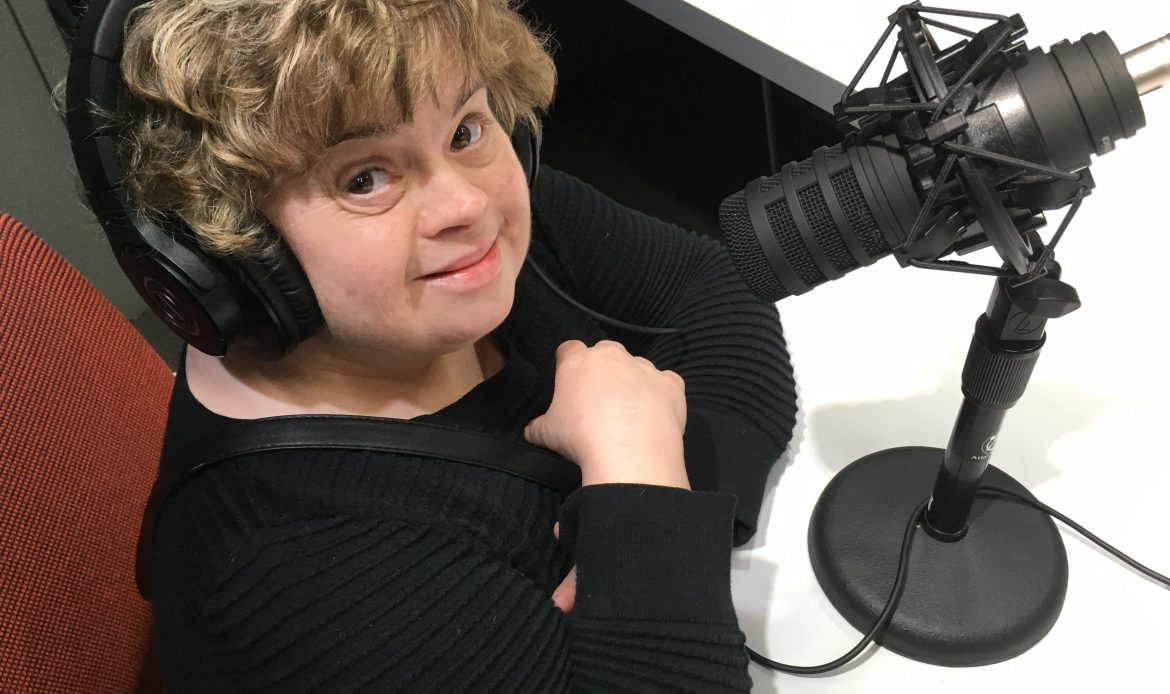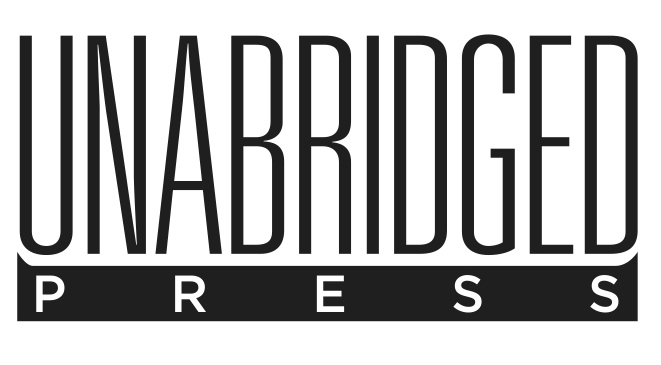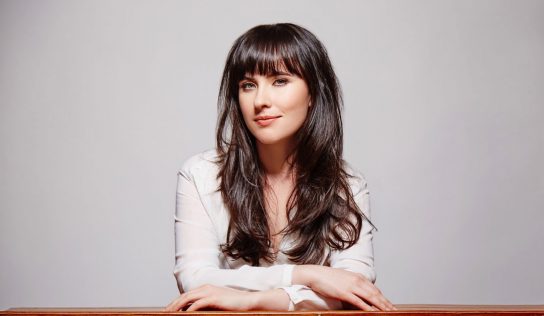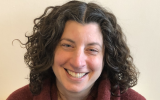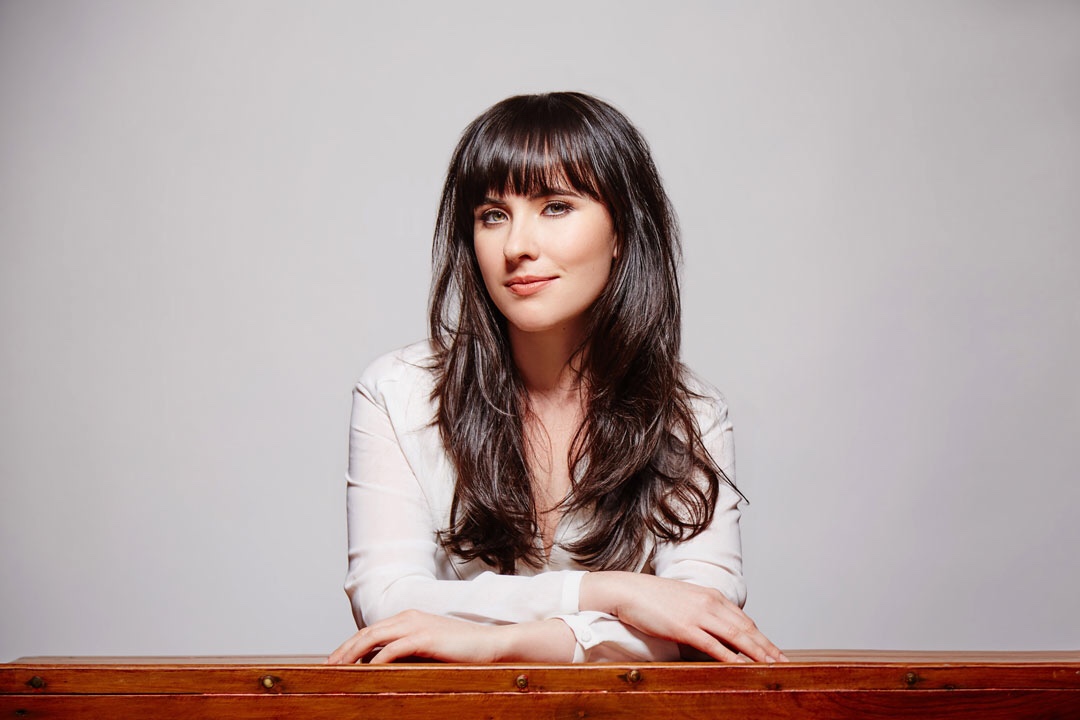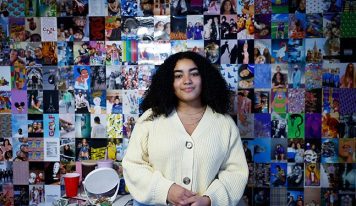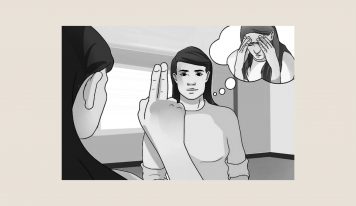EDS NOTE: POST UPDATED SEPT. 4 WITH AUDIO INTERVIEW
Three-hundred people with disabilities have had an entre to acting and filmmaking with the help of Australian writer/director Genevieve Clay-Smith, cofounder of Bus Stop Films. She’ll be in Pittsburgh speaking and teaching during Film Pittsburgh’s ReelAbilities Film Festival (details below).
Here’s Look Who’s Here! host Erin Gannon’s interview with Clay-Smith.
EG: How did you get started in inclusive filmmaking?
GC-S: It started back when I was still at university and was making a documentary for an organisation called Down Syndrome NSW, the peak advocacy body for people with Down syndrome and their families in my state of New South Wales. I became very aware of the different barriers to inclusion that people with disability faced in society and just how easy it was to remove some of those barriers through being inclusive.
One of the participants I was filming in the documentary was Gerard O’Dwyer, a man with Down syndrome, and his dream was to be an actor. As a budding filmmaker, I knew how difficult it was going to be for Gerard because when I looked at our film, television and advertising landscape I saw there was no representation of people with disability on screen or even behind the camera, or any pathways to getting included in a writers room or in production. I started to become aware of how exclusive the film industry is, and how unfair that is. We’re an industry of stories and if we’re not including everyone in the stories, what message does that send society? People from diverse cultural backgrounds and people with disability are less than everyone else?
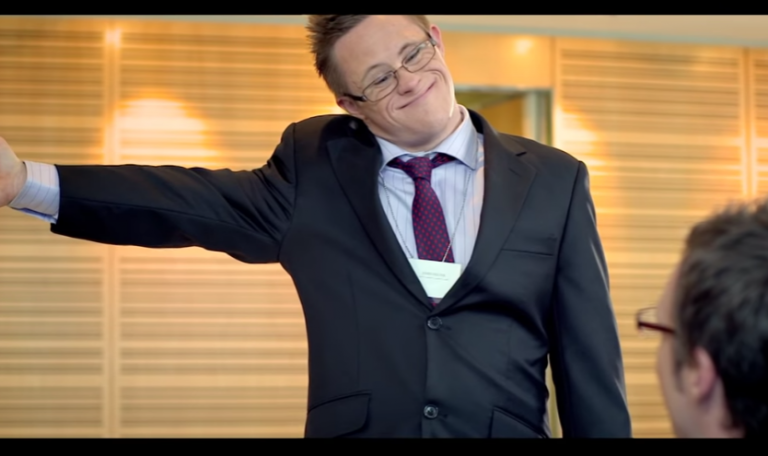
Gerard and I made a film together called Be My Brother, and we made it inclusively with a crew comprised of people with and without disability. That film went on to win a major award in Australia and the win was the catalyst to continue with inclusive filmmaking, which for me means inclusion in all aspects of the filmmaking process.
EG: Why is it important to include people with disabilities in your work?
GC-S: One in five people in Australia has disability. Yet so many people have never met someone with a disability and have never engaged with a person with disability. Also disability is part of humanity, any one of us may experience disability at any point in our lives. I want to live in a world where no matter what–I will be included. We have a really deeply-rooted issue of segregation in society.
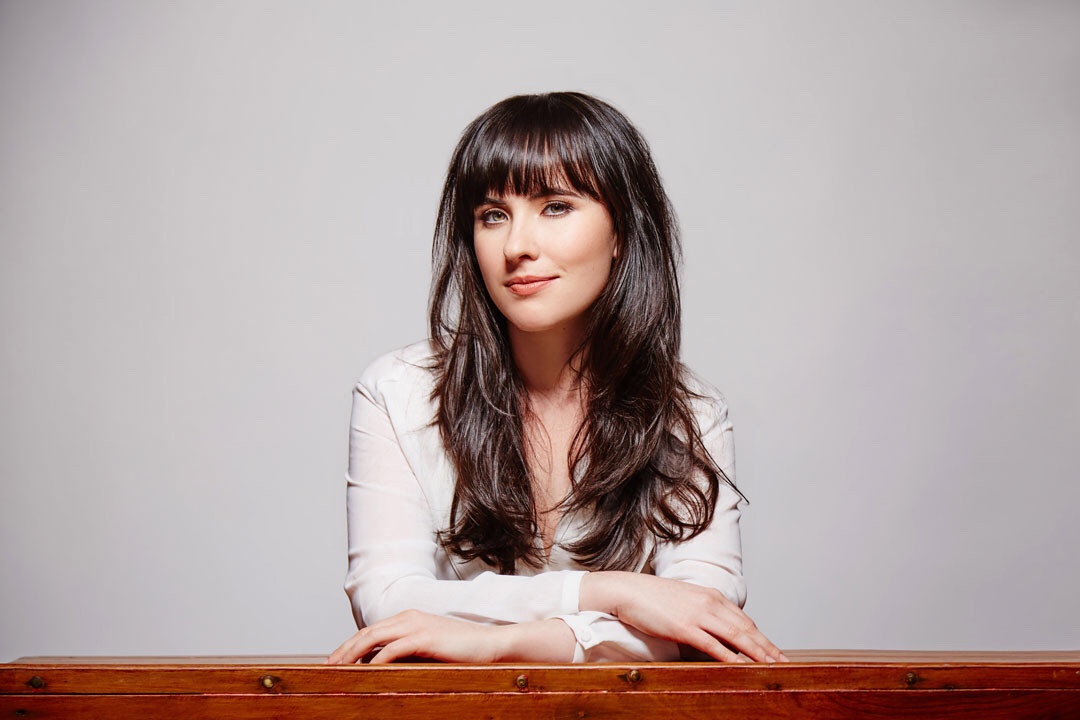
EG: Why do you think it’s difficult for people to understand people with disabilities or people who are different?
Storytelling is one of the most significant ways to change attitudes, which is why it’s so important to have all kinds of diverse people on screen so that we as a society can be more understanding of the barriers our marginalised community groups face, so we can be active in removing those barriers. I have often thought, is the inequality faced by people with disability in society a result of the lack of representation of their stories in film, television and the media generally? We are simply not hearing or seeing authentic stories, we are not aware of a large portion of our community who are entitled to equal rights. Filmmaking can shed a light on this.
I think it’s difficult for people to engage with someone who is different from themselves because of fear, people are often afraid of the unknown and so instead of pushing in, they push away.
EG: When I’m on the bus I like looking at people and wondering what they’re thinking about. That’s similar to Ben in Shakespeare in Tokyo. How are you able to see the world through the eyes of people with disabilities to create characters like him?
I have very close friendships with people with disability, the actor who plays Ben is Gerard who I mentioned earlier –we made Be My Brother together. I’ve been working with Gerry for over 10 years. Gerard and I are incredibly close and the character of Ben is heavily influenced by Gerard. I think there is a lot of co-creation in my work, giving room to the actor with disability to bring their own lived experience to the role which makes it far richer than what I could just think up in my mind.
EG: How do you find actors with disabilities for your films?
GC-S: I put call-outs on social media, I see shows and other films that might feature characters or actors with disability, I go to advocacy events and I am generally part of the community. I am a believer that we should be just casting people with disability in general roles that might have no storyline associated with disability–that is called incidental casting. I am also a believer in authentic casting–if there is a character with disability, it should be played by a person with disability.
EG: How do you think we can make things better for people with disabilities?
GC-S: People with disability are incredible advocates for themselves, we need to listen to them carefully and actively and work with people with disability to ensure that access and inclusion is at the forefront of everyone’s mind.
EG: What’s your next project after leaving Bus Stop Films? [Clay-Smith recently stepped down from her role as CEO.]
GC-S: I am working on my first inclusive feature film Baby Cat, it currently has investment from Screen Australia and we are about to assemble a table read for audience feedback, so I’m very excited about that!
Film Pittsburgh welcomes Clay-Smith to town for the following:
- The Art of Inclusive Filmmaking, a TED-style talk Sept. 3, 7-9 pm at the Center for Media Innovation at Point Park University downtown. Unabridged Press cohosts. Tickets: $5.
- ReelAbilities opening night: shorts by Bus Stop Films, Q$A with Clay-Smith, catered reception. Sept. 4, 7pm, SouthSide Works Cinema. Tickets: $15 students, $25 all others.
- Free film noir workshop for people with intellectual disabilities
18+ on Sept. 6 at 1pm, Friendship Circle. Limited space available.
